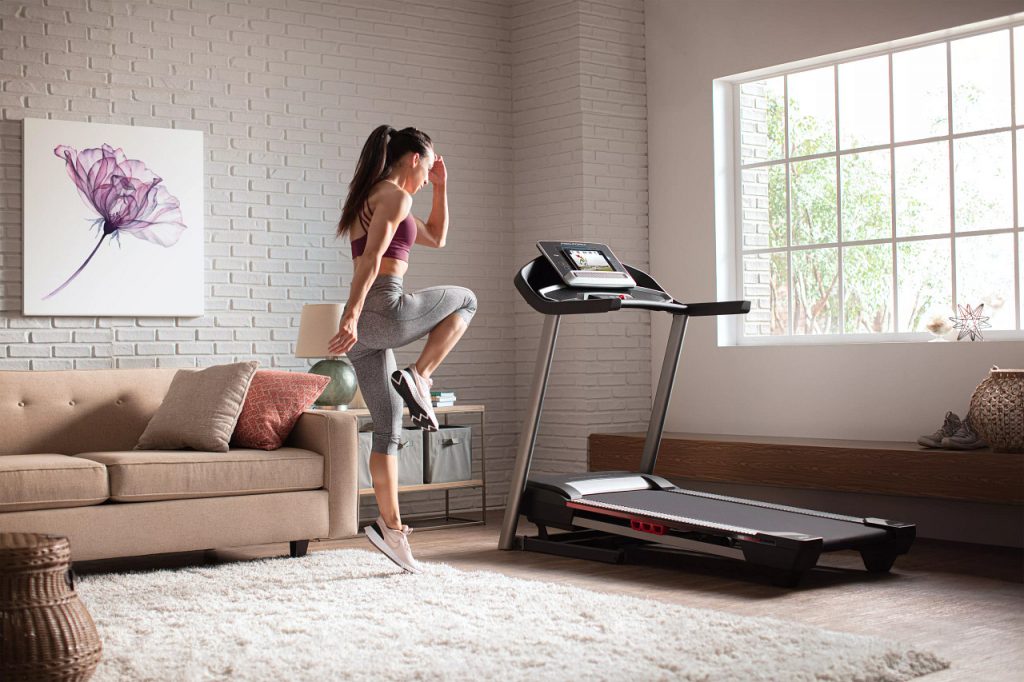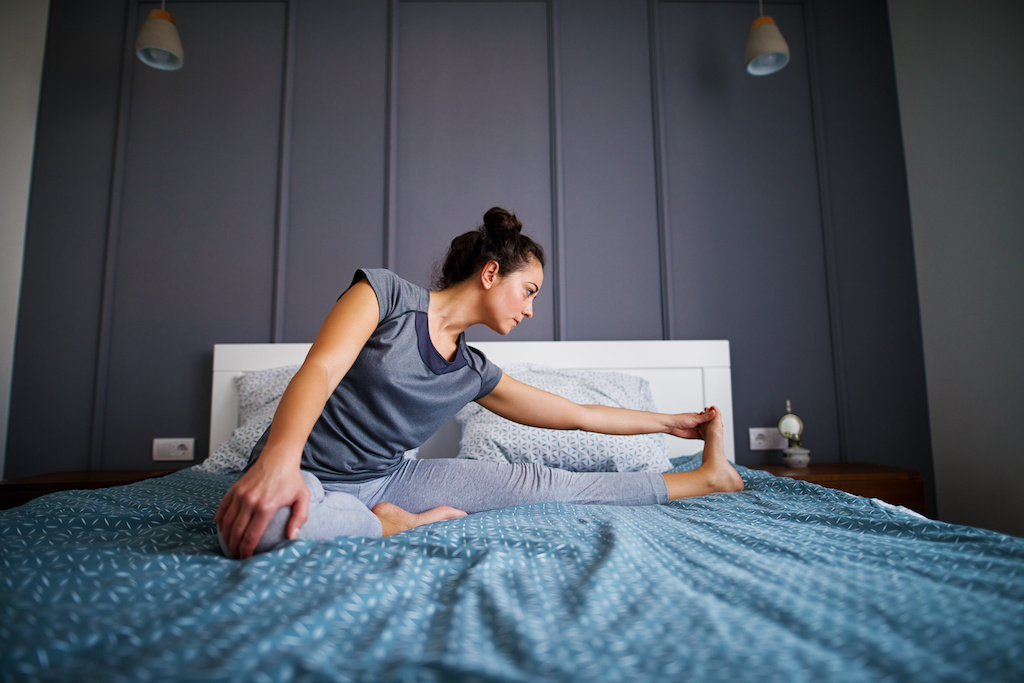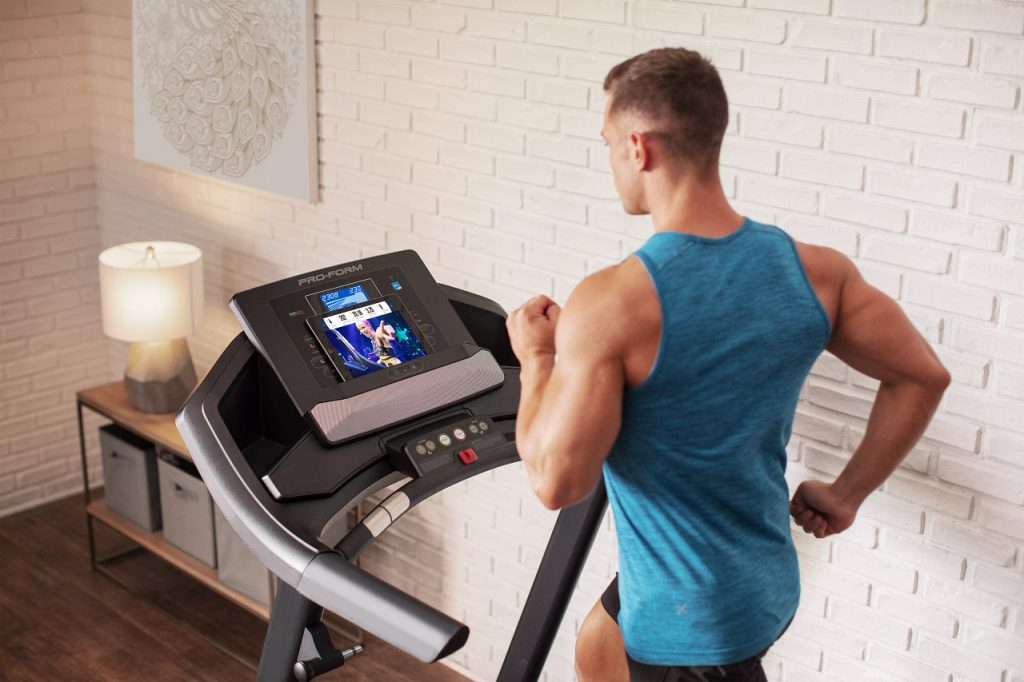I Exercise to Sleep Better
When I’m active, I sleep better, and sleeping better allows me to improve my performance: it’s a virtuous circle! Which exercises should I choose, and at what time of day should I train to make the most of the beneficial effects of physical exercise on my sleep?
Exercise, an Ally of Good Sleep?

Exercise and sport help me to feel good and to get a good night’s sleep, but why?
- When I exercise, my metabolism works at full speed, so I am more tired in the evening: my body needs to regenerate during the night, and it lets me know it!
- Exercise is a natural anti-stressor: after a certain level of exertion, the brain releases endorphins, with soothing effects often compared to those of morphine. I feel good, relaxed and calm for up to several hours after the session: enough to help me to fall asleep more easily!
- Scientists agree that not only does sleep come faster after doing exercise, but it is also of much better quality. The deep sleep phases (the most restorative) are prolonged, while REM sleep (the lighter sleep where you dream) is shortened.
Daytime Exercise vs Evening Exercise

With my busy schedule, I tend to train in the evening. However, I often hear that doing sport in the evening might prevent me from sleeping. Is this really true? Between scientific data and preconceived ideas, the #ProFormTeam helps to clarify the situation.
Why Do People Think that Doing Sport in the Evening Prevents You From Sleeping? H3
The idea of avoiding sport at the end of the day is partly linked to how the body clock synchronises with body temperature. The body’s temperature varies according to the time of day and drops in the evening to help you fall asleep. If I do sport late at night, I raise my body temperature when it should be lowering.
Moreover, physical exertion activates adrenaline production, a stimulating hormone that could also delay the onset of sleep.
Are There Any Advantages to Training in the Evening?
It would be a pity to devalue exercising at the end of the day:
- With an evening session, I let off steam and get rid of the stress of my day.
- It’s often the only time I have to take time for myself!
- In the late afternoon, my body temperature is ideal for good performance.
- Doing exercise at the end of the day helps to regulate my appetite.
Exercising in the evening is much better than not exercising at all! I just need to understand how my body works to adopt good habits and take advantage of the benefits of physical activity, both for my sleep and my health.
What Does Science Say?
A study conducted in 2018 by researchers from the Institute of Human Movement and Sport Sciences at ETH Zurich concludes that physical activity in the 4 hours before bedtime has no significant negative impact on sleep quality. The only exception would be intensive sport, which significantly accelerates the heart rate and could delay sleep if the session ends less than an hour before going to bed.
How Can I Adapt My Workout Schedule to Sleep Better?

I now have all the information I need to adapt my workout schedule and take advantage of the benefits of exercise on my sleep:
- To be on the safe side, do major exertions before 5 pm. (HIIT, sprinting, cross-training, in short, all activities during which you can’t talk!). I can then have a light meal, walk around a bit, and take a warm shower to cool down my body temperature and go to bed peacefully.
- If I go to the gym, do yoga, stretching or moderate cardio in the evening, I should have no problem falling asleep. If I tend to have trouble falling asleep, taking a lukewarm bath or shower will also help me leave 2 hours of quiet time between an exercising session and bedtime.
- During evening sessions, set aside 10 minutes for stretching to accompany the drop in heart rate. It may help to finish with a meditation or breathing exercise to prepare for sleep.







